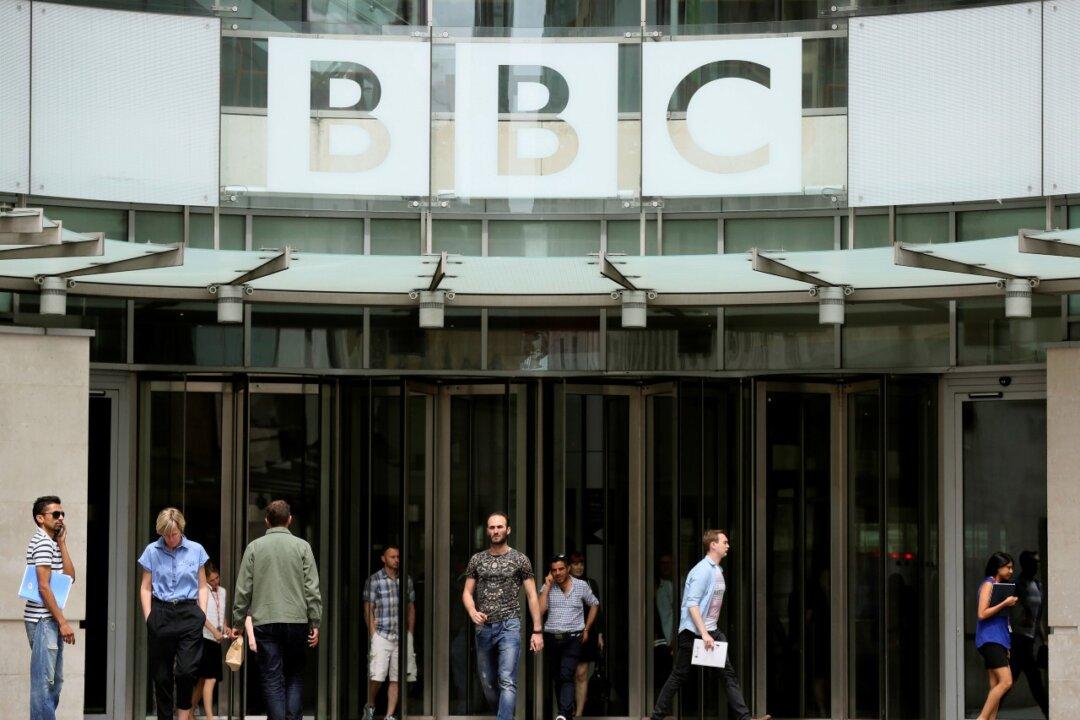The UK will not be able to do away with the BBC licence fee for at least another 17 years, a group of MPs has said.
The government “will be forced” to maintain the licence fee as a result of its failure to enable a viable alternative form of funding for the BBC, the Department for Digital, Culture, Media and Sport (DCMS) select committee said in a report published on Thursday.





